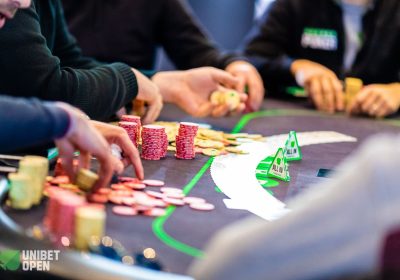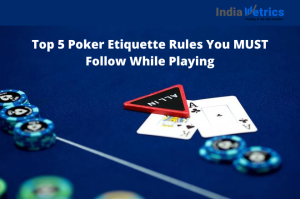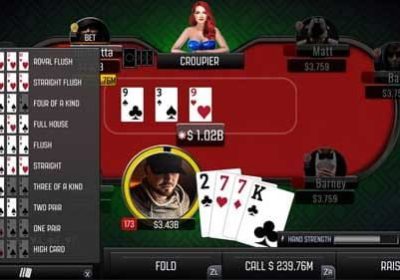
Bad Beat Recovery: Bouncing Back from Losses
In life and in various games, whether it’s poker, sports, or even a game of Monopoly, there are times when you experience a devastating loss. These losses, often referred to as “bad beats,” can leave you feeling frustrated, angry, and defeated. However, it is essential to remember that experiencing setbacks is a natural part of the journey towards success. This article aims to explore the concept of bad beat recovery and provide tips on how to bounce back from these losses.
Understanding Bad Beats
Before delving into ways to recover from bad beats, let’s first understand what they are. In the context of poker, a bad beat refers to a situation where you have a strong hand and are statistically favored to win, but your opponent catches a lucky card and beats you against all odds. These losses can be mentally and emotionally challenging, especially when you have invested time, effort, and resources into the game.
Acceptance and Reflection
The first step in bouncing back from a bad beat is accepting the loss. It’s crucial to acknowledge that bad beats happen to everyone, even the most skilled and experienced players. Dwelling on the loss or blaming yourself excessively will only hinder your progress. Instead, take some time to reflect on the situation objectively. Analyze your decisions and actions leading up to the bad beat and determine if there were any alternative strategies that could have been employed.
Learning Opportunities
Every bad beat presents a valuable learning opportunity. Use the experience to improve your skills and develop a better understanding of the game. Seek feedback from fellow players or consider studying books, articles, or online resources to gain new perspectives. The key is to channel your frustration into a constructive effort to enhance your abilities.
Maintain Emotional Control
Reacting impulsively or emotionally to a bad beat can lead to further losses and cloud your judgment. It is crucial to maintain emotional control and avoid going on tilt, which refers to a state of mental and emotional frustration that affects decision-making. Take deep breaths, step away from the game for a moment, and regroup. Utilize relaxation techniques such as meditation or visualization to calm your mind and restore focus.
Set Realistic Goals
After experiencing a bad beat, it is natural to feel the need to chase losses or rush to make up for the setback. However, it is essential to set realistic goals and avoid making impulsive decisions driven by revenge or desperation. Develop a long-term strategy that focuses on sound decision-making and disciplined play. Remember, one loss does not define your overall success.
Seek Support
Recovering from a bad beat can be mentally challenging. It is crucial to seek support from family, friends, or fellow players who can offer guidance and understanding. Talking about your experiences and frustrations can help alleviate the emotional burden and provide fresh perspectives. Additionally, joining a community of like-minded individuals who share similar experiences can be immensely beneficial for your recovery process.
Keep Going
Finally, the most important aspect of bad beat recovery is to keep going. No matter how disheartening the loss may be, it is important not to give up. Embrace the setbacks as opportunities for growth and learning. Remember that even the greatest players in any field have faced numerous bad beats before achieving success.
In conclusion, bad beats are an inevitable part of life and games. The ability to bounce back from these losses is a crucial skill that separates successful individuals from those who give up. By accepting the loss, learning from the experience, maintaining emotional control, setting realistic goals, seeking support, and persevering through challenges, you can overcome any bad beat and emerge stronger and more resilient.





